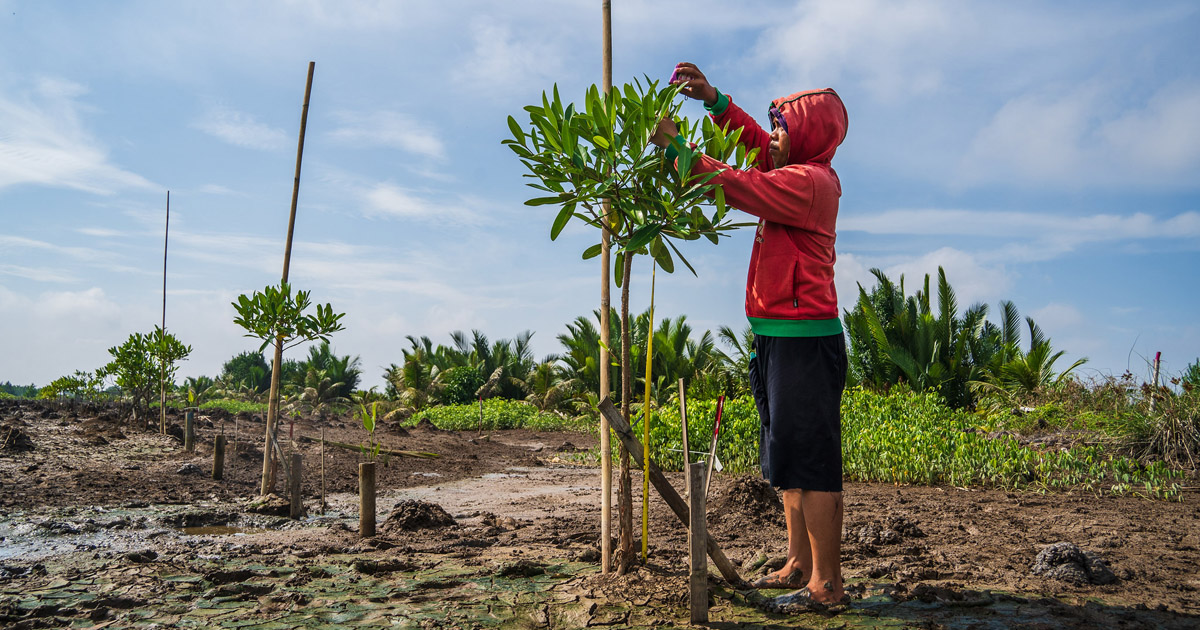Bioenergy from plants with oil-producing seeds or wood that can be converted to biomass energy has the potential to produce clean energy, secure rural livelihoods and restore degraded lands, helping countries achieve their climate change targets and sustainable development goals. Bioenergy can also strengthen the economic incentive for private sector and community groups to undertake restoration efforts. It needs to be carefully managed at the landscape scale to avoid displacing food crops or promote land-clearing.
CIFOR Germany gGmbH and CIFOR-ICRAF work on biofuels includes woodfuel such as charcoal and firewood production in Africa, as well as using bioenergy species to restore degraded landscapes (including peatlands) in Southeast Asia. We also work on introducing short-rotation bioenergy crops in the Western Balkans, coupled with environmentally protective permanent tree areas and productive agroforestry borders, to help countries in the region to create jobs, provide a just, clean transition from coal, reduce air pollution and increase human health. We see bioenergy as part of a comprehensive approach that considers energy poverty, health, climate change, and food and nutritional security through diverse production systems involving forest landscapes. We are also studying social and gender dynamics and outcomes along woodfuel value chains, from production through to consumption.
Contact us
Bioenergy: Fast facts
Latest updates
Sorry, there’s something wrong with the server




